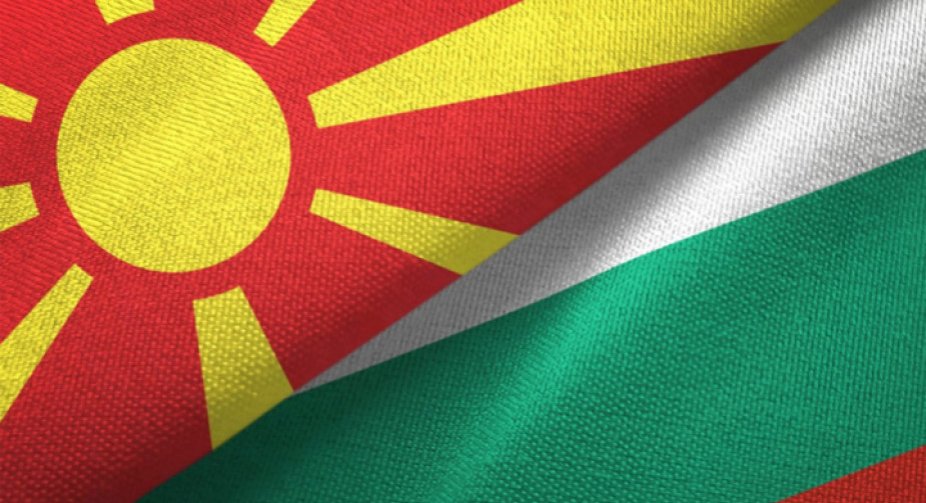The joint commission of historians from Sofia and Scopia reached a compromise on how to signify historical figures from general history, which is one more step before the start of negotiations for the accession of Macedonia to the European Union.
This is reported by Euractiv.
According to the "recommendations" accepted by both parties, published on the website of the Ministry of Foreign Affairs of Macedonia, the great breakthrough was how to describe King Samuel, who ruled from 997 to 1014.
The Joint Commission declared King Samuel "ruler of a great Middle Eastern state, which most of current historical science considers the Bulgarian kingdom with its center on the territory of the present-day Republic of Upper Macedonia.
Thus, the question of whether King Samuel is a Bulgarian or Macedonian king can be considered resolved.
The bilateral agreement of 2017 set up a joint historical commission to settle historical disputes. In the last two years this committee could not find any general formulas for the Middle Ages, giving no special hope for the resolution of disputes over new histories.
The committee has now prepared a set of recommendations for making changes to the textbooks of two countries' histories.
In particular, it is recommended to use phrases such as "today's Bulgarian lands" or "territory of today's Bulgaria" instead of the general term "Bulgarian lands" in the historical context.
The solution to the dispute about Cyril and Methodius, the authors of the Cyrillic alphabet, is that "their creativity developed in the literary centers of Preslav and Ohrid, which at that time were located on the territory of the Central European Bulgarian state, where their scholars found the conditions for work. This gives the two countries the right to jointly celebrate the 24th of January as St. Cyril and Methodius Day. The recommendations also apply to Clement and Naum Ohridski, pupils of Cyril and Methodius.






